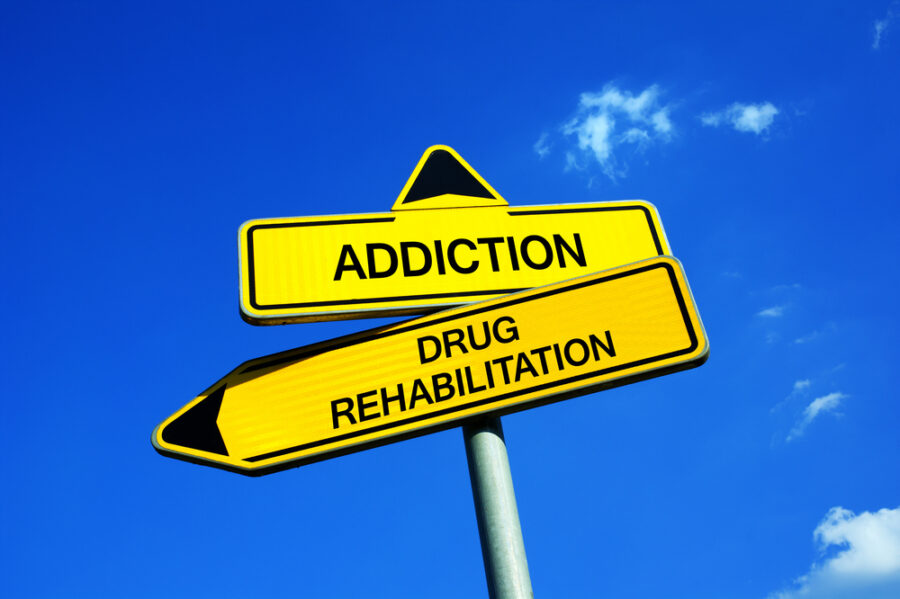The path to recovery from drug addiction is often described as a journey, with each step presenting its own unique challenges and learning experiences. It is through resilience that many are able to navigate the trials of this path, growing stronger and more determined with each obstacle faced. Developing resilience after addiction isn’t just beneficial; it’s crucial for maintaining long-term sobriety and rebuilding a fulfilling life. Below, we delve into the various aspects of resilience in the recovery process.
Understanding Resilience in the Journey to Sobriety
Resilience isn’t just an innate trait—it’s a skill that can be developed over time, crucial for overcoming addiction. It involves learning to cope with setbacks, adapt to changes, and replace negative habits with positive ones. For those in recovery, acknowledging vulnerabilities and seeking professional support, such as couples rehab in Hawaii, can be pivotal in strengthening resilience.
Resilient individuals in recovery often maintain a strong sense of hope and optimism, essential for staying committed to sobriety. This enduring belief in a brighter future helps them face challenges and continue their journey. Much like how custom home building in Pennsylvania and New Jersey requires careful planning and adaptability, building resilience is a gradual process of growth and adjustment.
Career and Education: Pathways to Reintegration and Success
Reintegration into the workforce or educational system is crucial for rebuilding life after addiction. Employment and education provide structure, routine, and a sense of purpose. Recovering individuals may seek new career paths that align with their values and interests, using vocational training programs, career counseling, and educational opportunities. Identifying supportive environments is essential for recovery.
Reintegration can challenge resilience, as it may involve facing stigma or explaining work history gaps. However, with preparation and support, these challenges can be addressed. Custom home building can symbolize a tangible project that mirrors the rebuilding of lives, driving success through constructive activities.
Advocacy and Support Systems: Fostering a Community of Recovery
A supportive community is crucial for a resilient recovery, providing practical advice, emotional support, and encouragement. Recovery groups and sober living communities are essential for creating a network of peers committed to a substance-free lifestyle. Advocacy is essential for strengthening resilience by advocating for better resources and policies that support recovery.
Reaching out to friends, family, or spiritual communities can provide daily encouragement and remind one that they don’t need to face recovery alone. Surrounding oneself with positive influences is a proactive strategy for maintaining resilience. Technology has expanded the reach of support systems, offering round-the-clock access to resources and communities through online forums and mobile apps.
Embracing Emotional Healing and Personal Growth Post-Addiction
Emotional healing is a crucial aspect of personal growth after addiction, as it helps to address deep-seated emotions and past trauma. It involves therapy, support groups, and personal reflection to promote healing. Personal growth also includes self-awareness, self-esteem, and developing new coping strategies.
Recovery individuals may pursue growth-promoting activities like learning new skills or self-care. Forgiveness is essential for building a healthy self-image, even if it involves guilt and shame. The journey of personal growth is not linear, and setbacks and relapses are inevitable. The resilience gained through emotional healing allows individuals to view these setbacks as opportunities for continued growth and learning.
Strategies to Rebuild Trust and Relationships After Drug Addiction
Drug addiction often leads to the loss of trust and relationships with loved ones. Rebuilding these relationships requires patience, consistency, and transparency from the recovering individual. Open conversations about feelings, boundaries, and expectations can bridge gaps caused by addiction. Active listening to loved ones’ concerns and validating their feelings is crucial. Participating in family therapy or support groups like Al-Anon can provide a structured environment for healing familial relationships, allowing guided discussions and building empathy.
Trust often flourishes in shared spaces of vulnerability. It’s important to recognize that rebuilding relationships is not solely the responsibility of the recovering individual. Loved ones must also be willing to forgive and contribute to a healthier dynamic, resulting in a stronger foundation of trust.
Altogether, the confluence of understanding resilience, embracing emotional healing, rebuilding relationships, seizing opportunities in career and education, and fostering supportive communities creates a robust framework for those reconstructing their lives after addiction. It’s a compassionate, holistic approach to recovery that can help ensure each individual’s journey to sobriety becomes a narrative of perseverance, growth, and success.

Leave a Reply